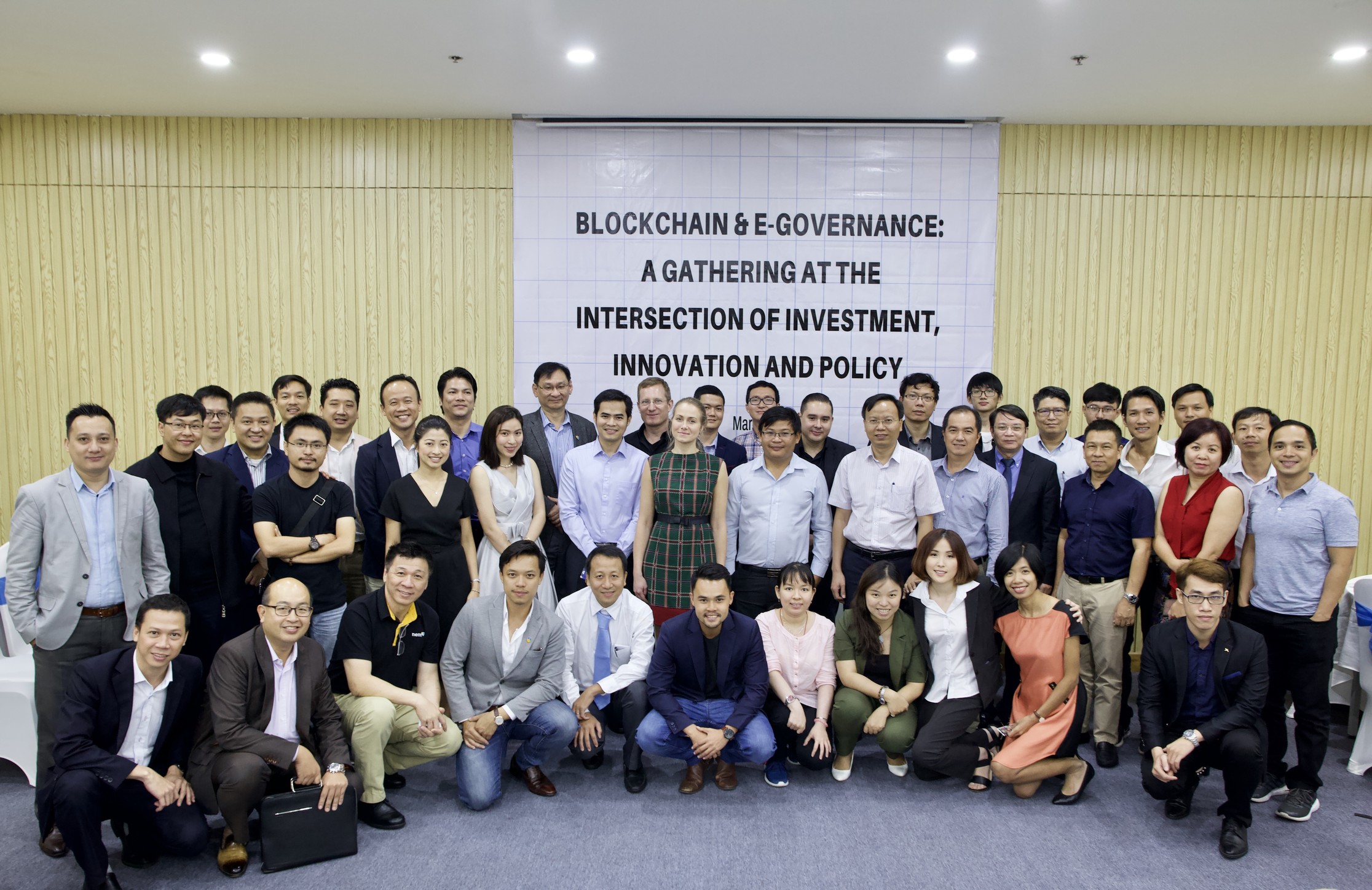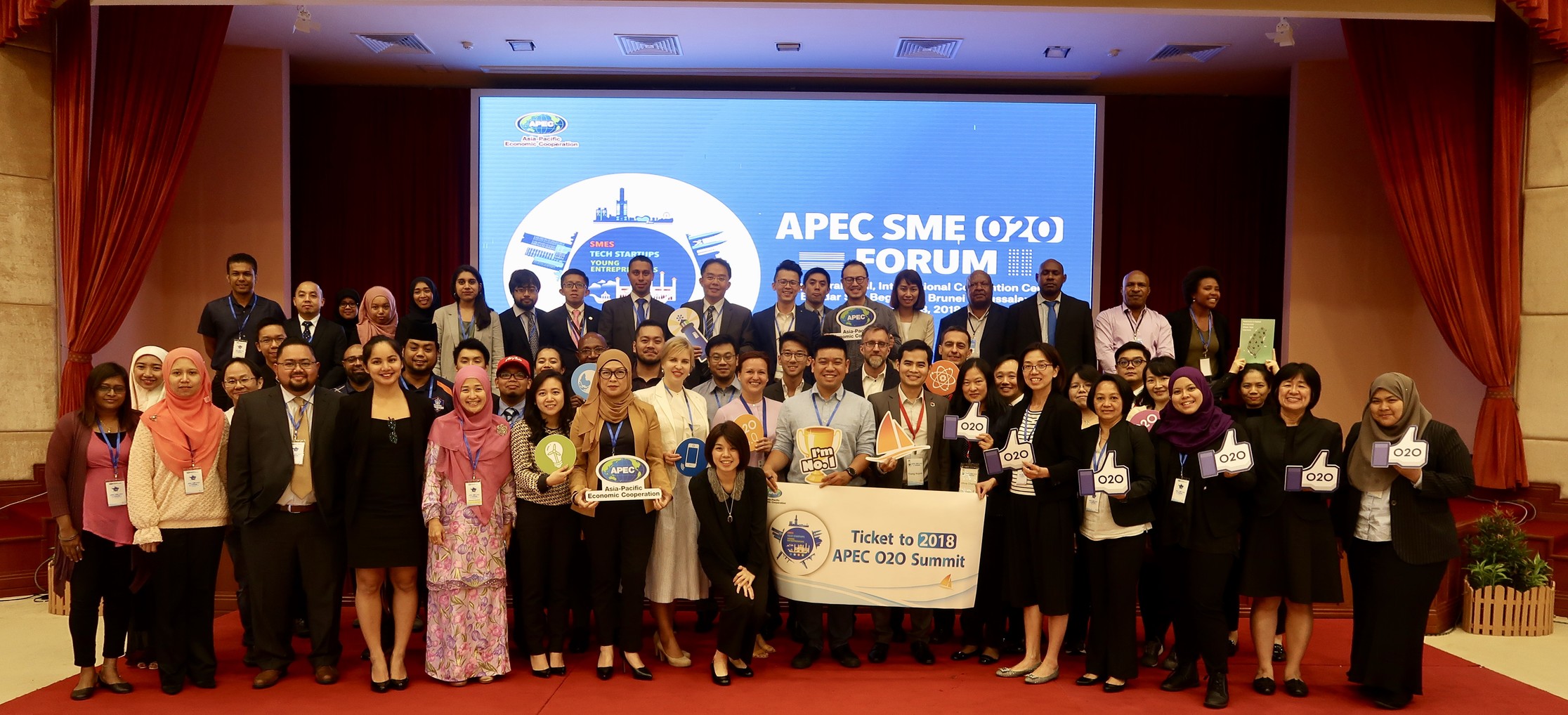You will face a lot of challenges as an entrepreneur; Here are some things that can help you overcome these
Having done many projects – some of which were failed ones while others made considerable progress – I have gained myself a few life lessons that I think would be valuable for young people.
1. Observation
Observation skills are the first thing we need to work on. I am talking about the observation where you learn by watching things happen around you, and you analyse them.
When attending a networking event, how can you tell who is important to approach?
Let us suppose that you want to open a restaurant. Now imagine yourself setting foot in a trashy Pho diner with dirty tables, and the rude staff – would you find yourself feeling annoyed? If not, then, do you think you could operate a good restaurant of your own?
When you observe, you can learn how a lot of things need to be done correctly for setting up a successful startup.
2. Self-discipline
As you launch your startup, there will be no one to supervise you. Hence, you need to plan your schedule carefully, be strict towards yourself to avoid days where you feel like not going to work and oversleeping because you are too tired or, just simply, unmotivated.
When you are the boss, not only do you work for yourself now but you also work directly with your business partners. Being the boss, you have to be an ideal model for your employees to look up to. Especially when you are the one to set up a startup, during its first period, you are expected to deal with and solve all of the unexpected problems. Without discipline, your system will most likely to not run smoothly.
Having a self-disciplined life guarantees you a physically healthy body and a flexible mind. In contrast, an ill body accompanied by a tired mind will prevent you from being productive. Spend at least 30 minutes per day on exercise to get in shape.
A self-disciplined lifestyle helps us have enough energy to face and cope with business challenges.
3. Getting used to rejection
Rejection could come and knock on your door at any time when you invest in a project or found a startup. Back to days when I first started my business, I was turned down at least 30 times before getting my very first client. You must accept the fact of being rejected and take that as a normal part of the process. What needs to be done here is that after every rejection, you figure out the reasons that lie behind it and prevent it from happening in your next attempt.
In order to become a businessman or a businesswoman, bear in mind that you will have to face a lot of bad news coming from many sources: your investors, your staff, customers, and so on. If you let the negative thoughts distract you, you shall waste a large amount of time, nothing will get done, and no lessons will be learnt.
4. Right attitude
There are some problems in younger generation: throwing rocks at people that are better than them; looking down on others’ talents and hard works, and spreading rumors about someone they know nothing about because of envy. You will never can be a better version of yourself if you do things like these.
When you face bad things in life with a positive attitude, you will gain life lessons, which seem to be small and not worth paying attention to but in fact are very valuable.
Humility is a good way to help your soul flourish. Humility helps us fight against greed, braggadocio and narcissism – all of which are cancerous to Vietnamese’s values.
5. Being fluent in at least one foreign language
The world is getting flatter and flatter, and if you do not know its lingua franca, which is considered to be English, then your job opportunities are very limited.
Learning a new language is like working out. In order to be muscular, we have to work out every day. Spend at least 5 minutes to practice your English skills, turn this language into a tool helping you step up in the career ladder.
People who speak English fluently tend to be more confident. According to a survey, a person who knows how to speak English earn 30 per cent more than those with the same job but do not speak English.
6. Daily reading
Vietnamese people read approximately one book a year, stated Mr. Hoang Le, deputy chairman of the Vietnam Publishers Association. Vietnamese people spend only VNĐ 40,000 (US$ 1.76) on books every year, meanwhile an average Chinese person spends VNĐ 200,000 (US$8.80) and people from developed countries spend around VNĐ 4 million (US$176).
Reading is a way for us to gain knowledge, learn skills and experience things for free. Reading could also provide us with a deeper understanding of our jobs, life, better thinking habits and therefore helps us grow. As a result, we are more equipped and become confident when holding conversations, have better control over the way we behave and improve our conflict solving skills.
7. Keeping promises
Young people have to get rid of the bad habit of being late. Try to arrive at least 15 minutes in advance for every kind of meeting.
Once you promise someone something, make sure to do your best to keep your word. I promised to help a Vietnamese French man recruit his team and sort out the red tape and bureaucracy during his first time coming to Vietnam to do business. I tried my hardest to assist him and expected nothing in return. Later on, thanks to him, I met a lot of now very big clients of mine.
So bear in mind the word “trust” and do not let anyone down once they have put their trust in you.








